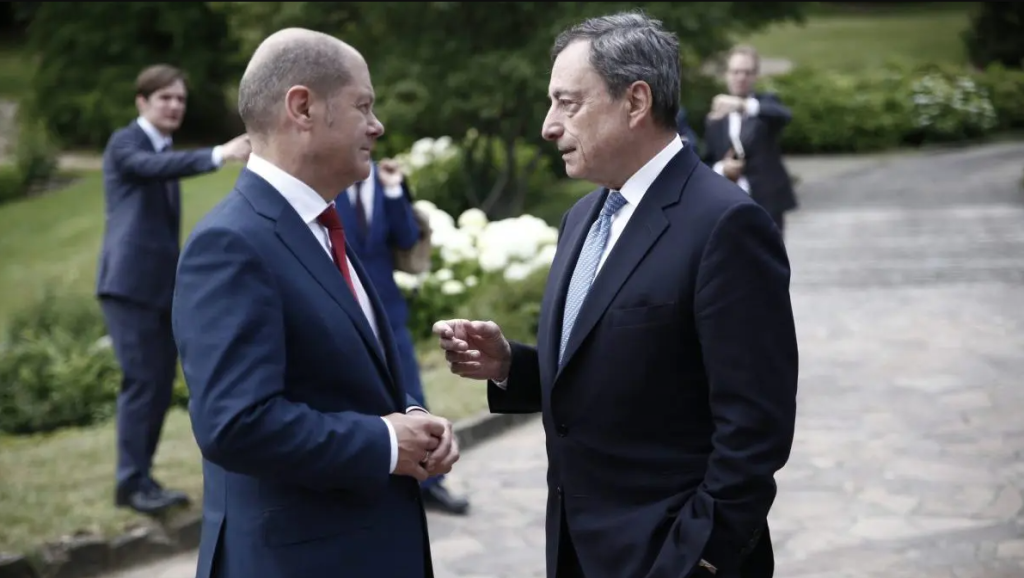Last year the G7 promised to stop fossil investments
(Sustainabilityenvironment.com) – Back on the stop to fossil investments in the name of war in Ukraine. To say goodbye without too many shocks to the gas and oil Moscow must cancel the commitment, taken just a year ago, to block all investments abroad on oil & gas infrastructure. It is the line that Germany takes to the G7. A thought that circulates in Berlin but also in other capitals. Starting from Rome.
“In the current situation there are short-term needs that will require large investments in gas infrastructure for developing countries and beyond,” said Mario Draghi President of the Italian Council yesterday at the opening of the G7. According to the Italian prime minister, it is possible to give up the stop to fossil investments without jeopardizing energy transition and climate targets in the coming years. By funding new infrastructures, “we will have to make sure that they can then be converted to the use of hydrogen, a way to reconcile short-term and long-term needs,” explained the Italian Prime Minister.
What the G7 says about fossil investments
At the table of the seven greats who are meeting today, the draft final communiqué prepared and circulated by Germany, which chairs the G7, is very clear. The 7 countries “recognize that publicly supported investments in the gas sector are necessary as a temporary response to the current energy crisis”, reads the text anticipated by Bloomberg. Which contains a clause similar to the one proposed by Draghi, that is the yes to funding but provided that they are carried out “in a manner consistent with our climate objectives and without creating lock-in effects” that is, without chaining countries to too high emissive volumes in the coming decades.
read also Coal Phase out: G7 Climate and Energy postpone decarbonisation and stop coal
A text that would be widely supported. The United Kingdom, in particular, was opposed, and last year, on the eve of COP26, it put its face to us on stopping fossil investment. In favor of reversing would also be Canada. Berlin and Rome, the two largest customers of the Kremlin for gas, have reactivated or plan to bring coal-fired power plants back into operation to compensate for the lack of Russian gas flow. And their diversification strategies go from agreements made in recent months with many producing countries, including Qatar and Algeria (where an increase in production and export infrastructure is needed), and others such as Congo, Mozambique, and Angola where gas infrastructure has yet to be fully developed.

